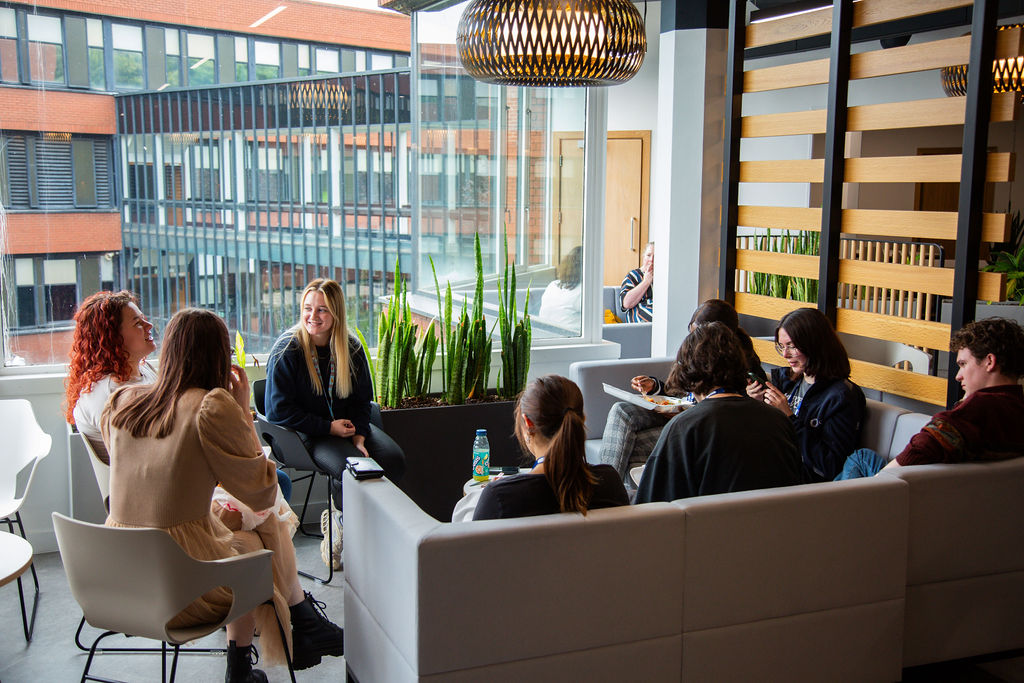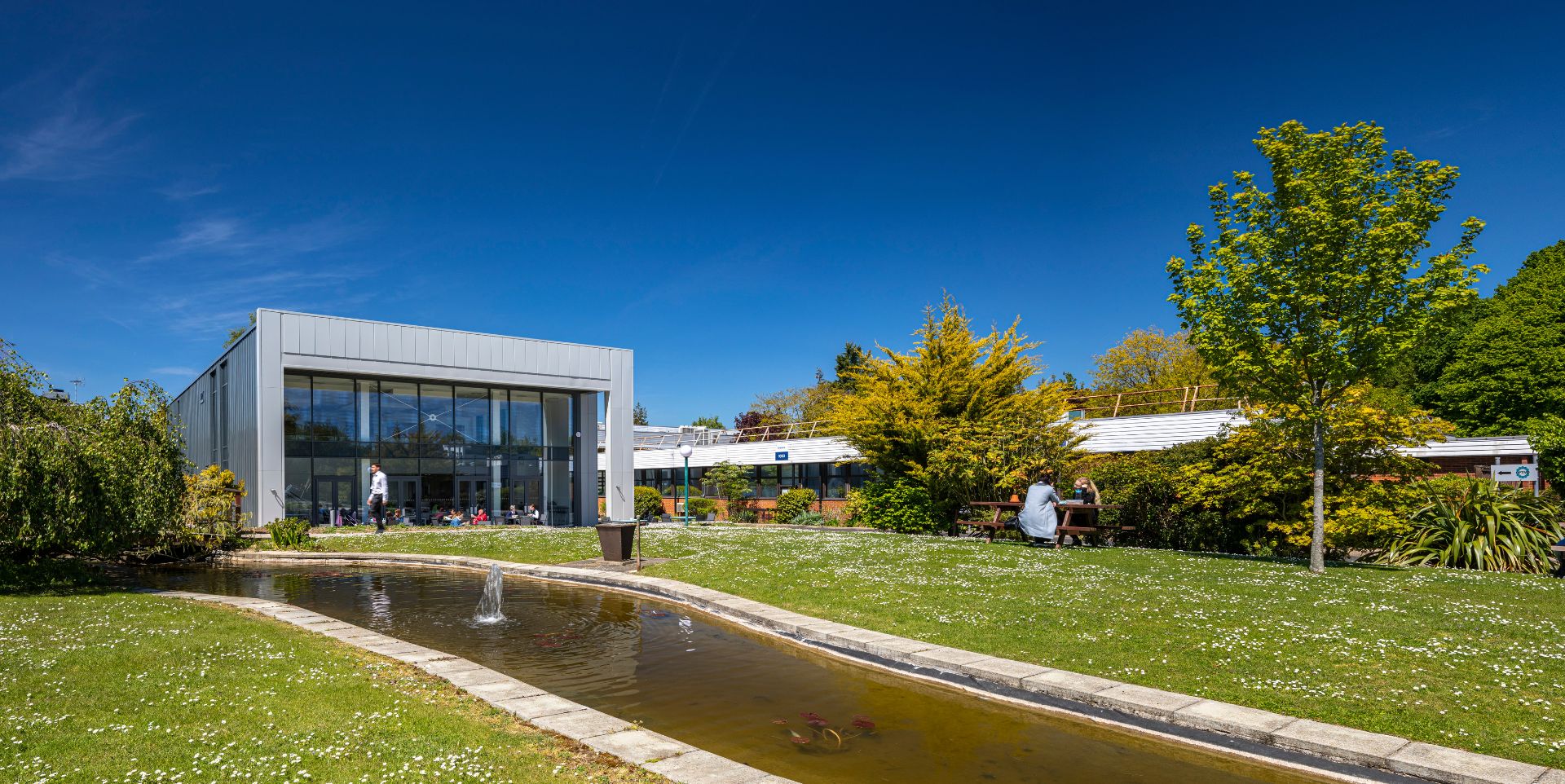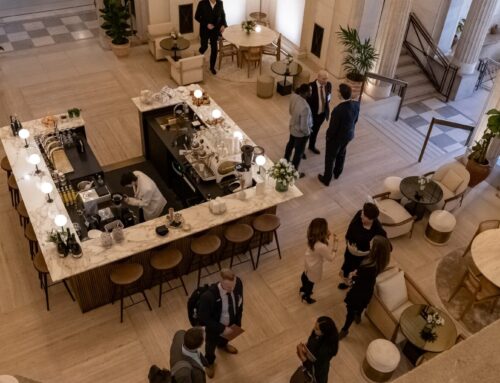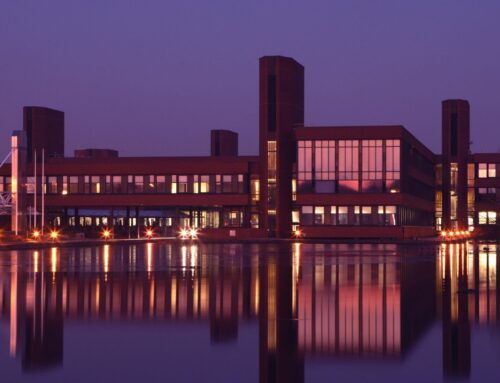Advances in life sciences lead to people living happier, healthier, more productive lives, with businesses working in the industry delivering a virtuous circle of benefits to society and the economy.
The life sciences industry, of course, adheres to this inherent purpose with something akin to the following cause: to research, develop and utilise the tools needed to tackle the leading causes of morbidity and mortality and ultimately improve the health and well-being of the global population.
But while the commitment to human health is clear, serving this purpose has historically come at a heavy cost to planetary health.
According to research by the UN Environment Programme, our sector is responsible for nearly 40% of carbon emissions. Since science companies require swathes of real estate, often vastly more polluting than standard workspaces, it is impossible to ignore the juxtaposition between the science inside the labs and the planet-damaging practices that occur outside of it, among the science parks that surround the labs where we, often, are devising solutions to the problems that we must not become implicit in creating.
ESG Efforts
ESG (environment, social, and governance) is growing in importance within the life sciences as investors, partners, communities, customers, and employees increasingly scrutinise the companies they support. Efforts are underway to adopt more sustainable practices, reduce carbon footprints, and, of course, develop greener technologies.
As a life sciences and real estate company, Pioneer Group strives to be at the forefront of sustainable life sciences. We recognise that we have a unique opportunity to help address the bigger reality facing nature and society. We are proud to be home to many companies already making an active difference in this area.
Here are a few examples of how our tenants play their part.
Turning Waste Materials into New Plastics at the Wilton Centre

The Wilton Centre is currently the focus of a major recruitment campaign to select a team to operate a global-first recycling plant.
The plant recycles waste plastics that have been considered unrecyclable, including multi-material films, flexible plastics, and rigid products such as pots, tubs, and trays. ReNew ELP, based at the Centre, announced last year that Stockton-based specialist px Group will run and maintain the plant.
The first in the world on a commercial scale to use a specially developed process called HydroPRS™, the recycling plant returns waste plastics into the oils from which they were initially formed. These low-carbon, fossil-equivalent hydrocarbon products can then manufacture new plastics and other products. There is no limit to the number of times the same plastic can be recycled via HydroPRS™, creating a circular economy and replacing the need for fossil feedstock to manufacture new plastics.
Claire Morton, Wilton Centre’s Leasing and Assistant Asset Manager, said: “Pioneer Group are proud to be playing a role in such an important project. We’ve followed and supported ReNew ELP ever since it moved to the Wilton Centre more than four years ago, and it’s great to see that the team’s hard work is coming to fruition.”
Find out more about the project here.
Sustainable Life Sciences at Colworth Science Park

We’re incredibly proud that several of our Colworth Science Park tenants have secured LEAF accreditation, a testament to their dedication to a greener world and sustainable life sciences. Developed by Sustainable UCL, LEAF is a nationally recognised scheme reshaping the sustainability landscape of UK laboratories.
Laboratory-based research is essential for life science businesses but is also highly energy and resource-intensive. It’s estimated that laboratories are responsible for around 2% of global plastic waste and use 3-10 times more power per meter squared than a typical office. By joining the LEAF programme, laboratories reduce carbon emissions and create an environment supporting research quality.
Tenants securing the accreditation include Unilever, MIP Discovery, and Lipton Teas and Infusions. Find out more about the LEAF programme and how it works here.
Reducing Carbon Footprint at BioCity Nottingham
BioCity Nottingham tenant Reach Separations, is keen to be more sustainable and reduce its carbon footprint in whatever way it can. The company recognised that to do this, it needed to accurately measure and track its footprint and see what impact it was having.
Keira Bailey, Senior Separation Scientist at Reach Separations, explains: “As a chromatography outsource company, we were using solvent-heavy, energy-intensive practices and knew there were opportunities to improve on this. We invested in green technology and now deliberately calculate the most environmentally friendly techniques and methods.”
“We’ve also implemented a lot of solvent recycling. Rather than just using a solvent once and sending it to waste, we now try to recycle the solvent, particularly in larger jobs that we’re working on.
“As scientists, we understand the problems of global warming and pollution. Pioneer Group are with us as we strive to be more sustainable, and this is important to us at Reach Separations.”
Building Sustainable Places for Sustainable Life Sciences
At all of Pioneer Group’s locations, we seek opportunities to minimise our environmental impact by repurposing and reusing resources, reducing emissions, building to the highest standard, actively promoting sustainability and biodiversity.
We also help people and communities to flourish by supporting medical charities and young people considering science, engaging with all our various stakeholders, creating safe, healthy, diverse and inclusive workplaces and prioritising the wellbeing of everyone we work with.
We recognise that through our environmental, social and governance choices, we can positively impact the bigger picture.
Here are just a few examples of the work we’ve been doing to develop as an environmentally responsible organisation:
- Hexagon Tower – we use 100% renewable energy on-site, procured through an offsite solar farm and divert 100% of waste from landfill. We’re also looking forward to introducing bird boxes, hedgehog homes, big hotels and wildflower areas to the site.
- Colworth Science Park – we use LED lighting across all common external and internal areas and have installed smart meters to monitor our energy and see where we can improve efficiencies. The site has several biodiversity measures in place, including bee hives and our very own resident beekeeper. We will introduce EV charging and electric bikes on-site in the near future.
- BioCity Nottingham – the site is BREEAM certified with a very good rating. BREEAM is the world’s leading science-based suite of validation and certification systems for sustainable built environment. As well as planning on introducing more bird boxes and wildflower areas on site, we are also looking to install green roof shelters.
For more examples of the work we’ve been doing across all our sites, please visit: https://thepioneergroup.com/corporate/impact/.
Bigger Picture Thinking.
Across the Pioneer community, we’re delivering positive change.




